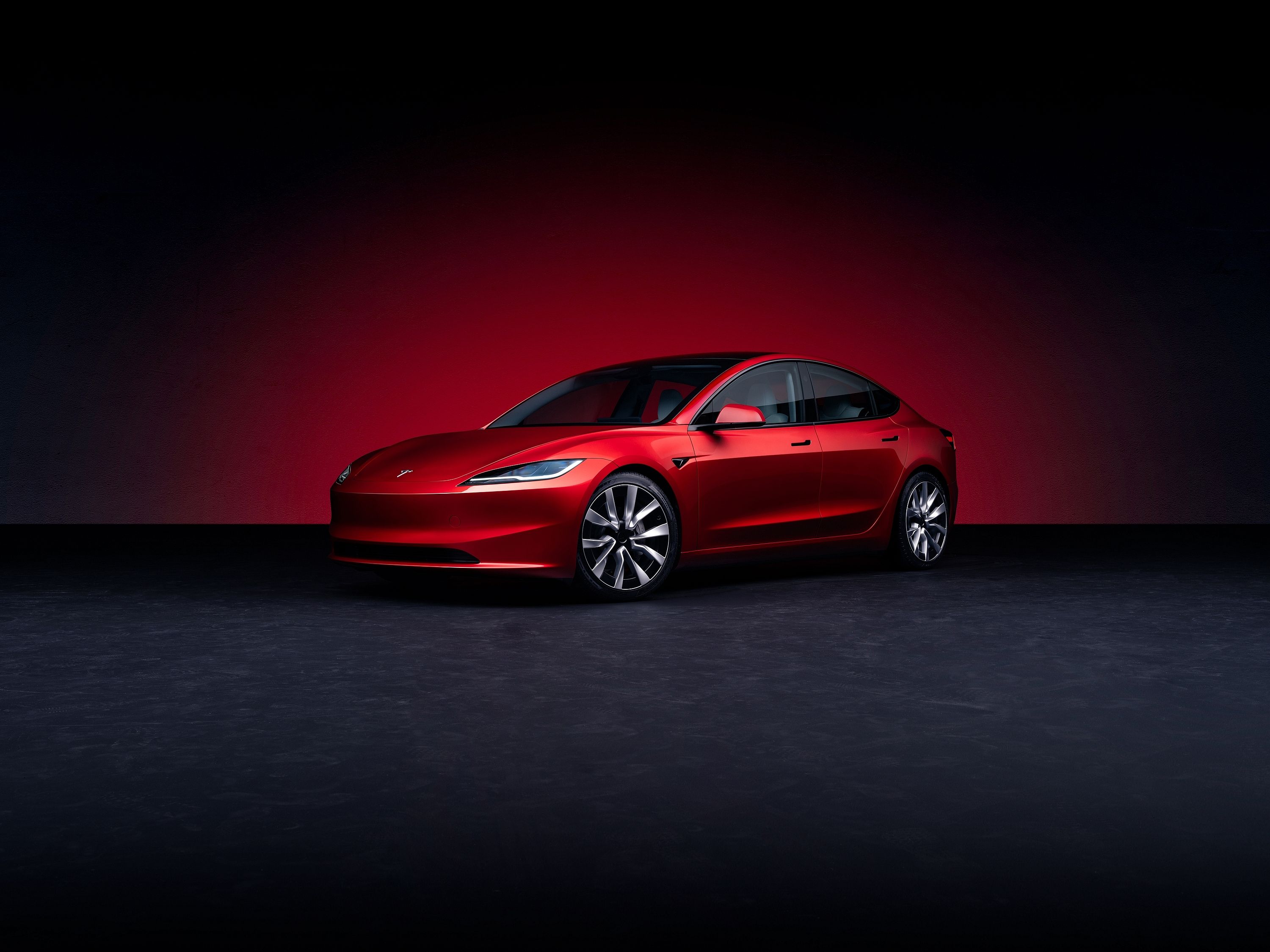
The Biden administration is apparently gearing up to propose some of the strictest regulations on vehicle emissions next Wednesday in Detroit according to Bloomberg. The publication received some inside information ahead of the release from people close to the proposal. The new regulations' goal is to help curb the emissions of carbon dioxide, smog-forming nitrogen oxide, and more from vehicles produced starting in 2027 and going through 2032.
It's no secret the administration has taken a broad and serious approach to curbing emissions. The most obvious example is the Inflation Reduction Act (IRA), which expanded the EV tax credit to all EVs produced while also making the qualifications stricter. This has spurred tons of US investment in factories and battery plants but has angered countries around the world that feel it hurts them unnecessarily.
The other benefit has been the investment into a country-wide charging network. The administration has created grants and programs that have invested over $10 billion alone into establishing over half a million chargers all across the US. The government appears to be doing everything it can to make electricity our future and be in line with the Paris Agreement that aims to half greenhouse emissions from 2005 levels by 2030.
To reach these goals, automakers are seen as an important element. Unfortunately, many are slow to change in an industry that's much more than a century old. Regulations or missing profits are the only incentivizes, and both have presented themselves much more over the past decade.
Automakers are very obviously a mixed bag. On one hand, you have companies like Tesla, who are well ahead of the curve and happy to put a Model 3 into everyone's homes and believes the rules should be more stringent than they are.
On the other, you have companies like Toyota, which has previously been cautious regarding the complete push towards electric vehicles, thinking it better to explore all technologies before diving all into one thing. Whatever the reasoning, most at this point have announced that they're either going fully electric or releasing mostly electric models from now on.
We'll have to wait and see what new strict guidelines the administration has come up with, and on top of this, the Environmental Protection Agency (EPA) has also drafted up its own new performance-based proposals for heavy-duty trucks on Wednesday, with new rules for power plants coming later this month. We imagine that no matter what is said, it's going to ruffle some feathers with others who believe we're already too strict.
